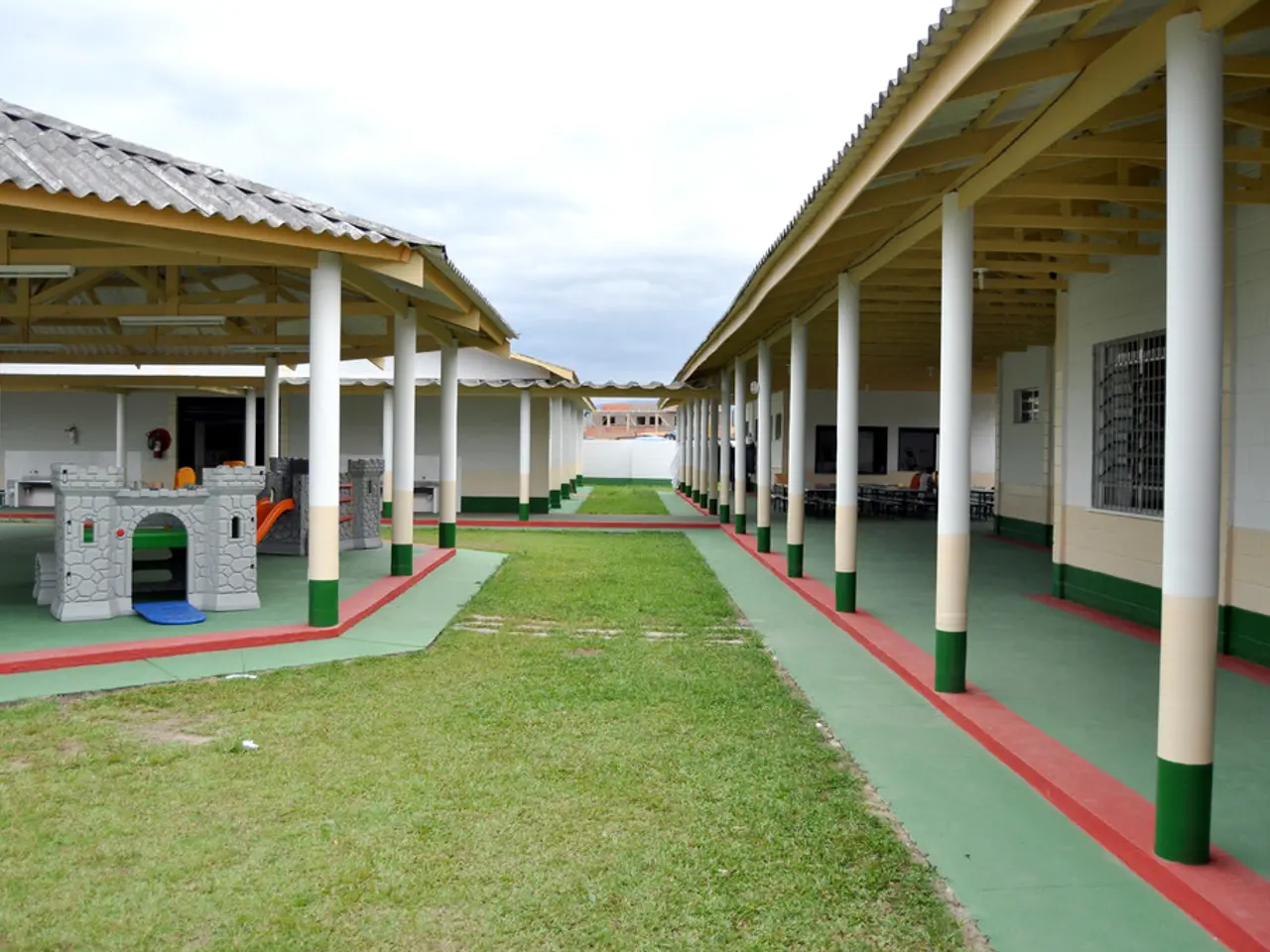Funds for citizen expenditure: should we cut costs on Ukrainians?
Germany Proposes Reduced Benefits for New Ukrainian Refugees
Germany is moving forward with a proposal to reduce the social welfare benefits for Ukrainian refugees who arrive after April 1, 2025. The new arrivals will receive a lower monthly allowance of around €441, reflecting the benefits level under the Asylum Seekers' Benefits Act. This represents a reduction of roughly €100 per person per month.
The policy change, part of a draft law under consideration, aims to move new Ukrainian refugees to the more restrictive asylum seeker benefits scheme, rather than the current more generous citizens' allowance they have received. Bavarian Minister-President Markus Söder (CSU) proposed this shift, and the SPD's Sahra Wagenknecht supports the idea.
The legal procedure to implement the reduction is underway. However, the move to reduce benefits does not have a detailed publicly stated linkage to the coalition agreement in the cited sources. The SPD leader, Lars Klingbeil, stated that this proposal does not contribute to moving forward in the coalition and reiterated his commitment to the coalition agreement.
The reduction in benefits puts new arrivals under the Asylum Seekers' Benefits Act, which offers lower benefits compared to the citizens' allowance. Since the last increase in 2024, the citizen's income for singles is €563 per month, while singles receiving asylum seeker benefits receive €441.
The SPD is particularly pushing for the prevention of abuse and criminal activities. SPD politician Dirk Wiese stated that criminal offenses such as banditry or black work must not be tolerated. Economist Enzo Weber from the Institute for Employment Research IAB advocates for the importance of the citizen's income system for refugees, stating that it provides necessary advice, placement, and qualification services.
An expert has suggested the need for job placement programs for Ukrainian refugees to reduce dependence on benefits. Labor market researcher Weber acknowledges the integration of refugees into the labor market takes time and suggests offering language promotion and qualification alongside work to speed up the process.
The Ministry of Social Affairs is confident that the planned innovations will bring overall savings from 2026, although the exact amount is unknown. The ministry spokeswoman also points out that a decrease in the number of people entitled to benefits is already noticeable with the citizen's income, with more people being integrated into the labor market.
The tight housing market and increased heating costs are driving up expenses for both citizen's allowance and asylum seeker benefits recipients. Ralph Spiegler, president of the German Cities and Municipalities Association, stated that the municipalities could not bear the costs for Ukrainian refugees themselves and would require full coverage from the federal and state governments.
The employee wing of the union opposes Söder's proposal, with CDA chairman Dennis Radtke criticizing broad-chested and loud-mouthed demands in the area of flight and asylum. Saxony's Prime Minister Michael Kretschmer (CDU) and other union politicians argue that many more Ukrainian refugees are in work in other European countries.
No indication has been found that previously paid benefits will need to be repaid by Ukrainians who arrived before the cutoff date. The reform of the citizen's income is pending, as agreed in the coalition agreement, with benefits being able to be reduced more easily if someone consistently refuses to accept jobs. The federal Minister of Economics Katherina Reiche makes a general statement supporting the idea that work should be more rewarding than staying at home.
Since 2022, several hundred thousand Ukrainians and their children have received around 6.3 billion euros in aid. The citizen's allowance payments for 2024 amounted to approximately 46.9 billion euros, an increase of around 4 billion euros compared to the previous year. Chief of Staff Thorsten Frei (CDU) is open to Söder's proposal but acknowledges that the coalition agreement can only be changed unanimously and plans to discuss it with the SPD.
This policy change reflects Germany’s current direction on refugee aid, balancing humanitarian support with domestic welfare sustainability amid prolonged conflict in Ukraine and shifting European refugee policies.
- In the context of the proposed benefit reduction, the SPD politician, Dirk Wiese, expressed concerns about the potential increase in crime and demanded that criminal activities such as banditry or black work must not be tolerated.
- Amidst discussions of the new benefit policy for Ukrainian refugees, the Ministry of Finance is currently evaluating the potential financial implications of the suggested innovations, aiming to determine overall savings from 2026.
- As part of the general news and politics discourse, economist Enzo Weber from the Institute for Employment Research IAB advocates for the importance of the citizen's income system for refugees, stating that it provides necessary advice, placement, and qualification services, significantly contributing to their integration into the labor market.




